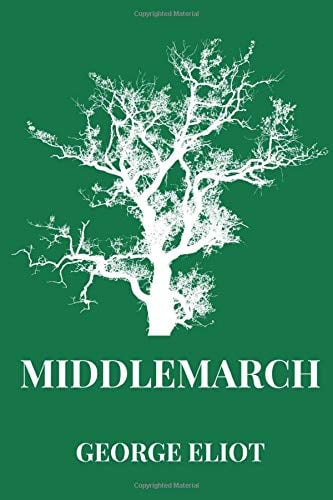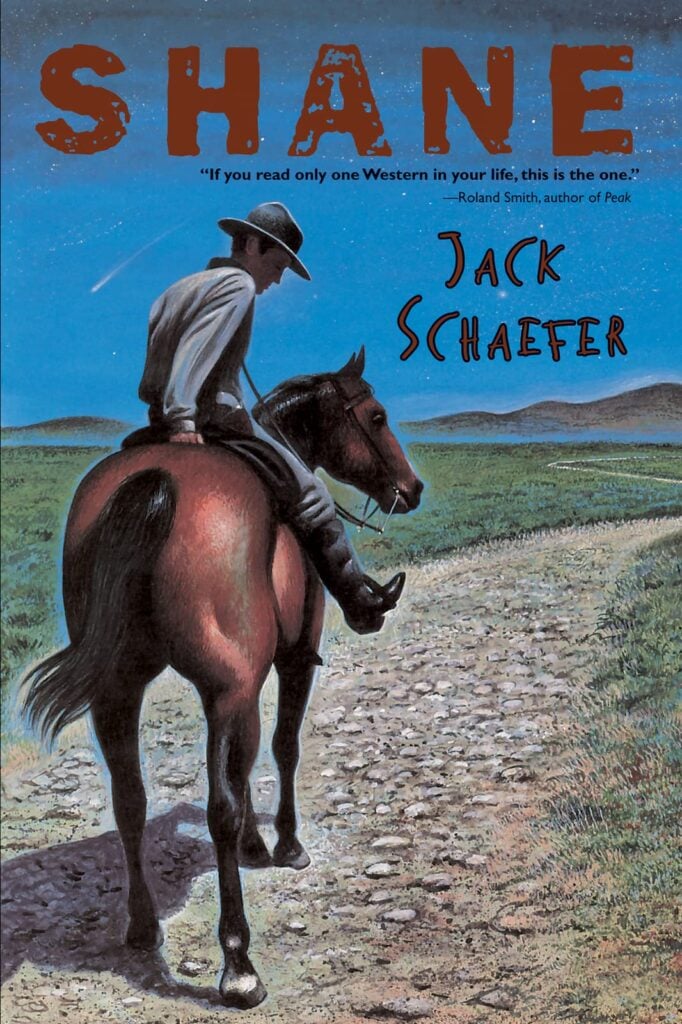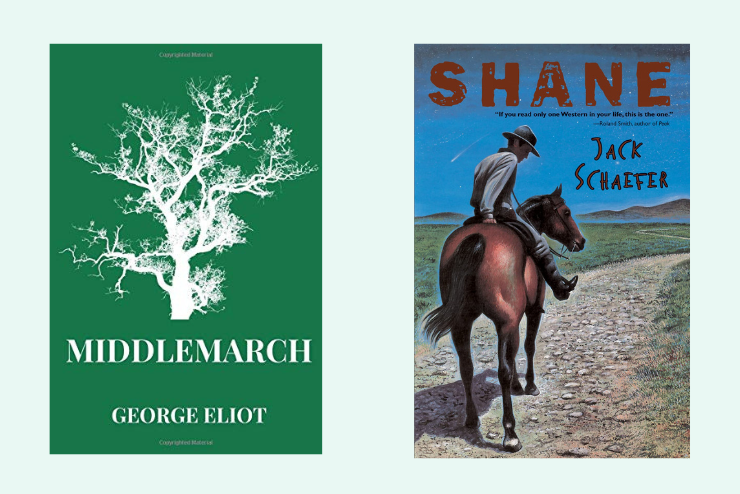
Forty years ago, when I was beginning a career teaching law, we were at a rare moment, not only when the left and the right in the legal academy could still talk to each other, but also when critical legal studies (CLS) theorists and paleoconservatives shared a reverence for the communitarian strain in Edmund Burke.
So it was that one day I found myself at a conference speaking with one of the founders of CLS, Mark Tushnet, now a professor at Harvard Law. Somehow the conversation turned to Victorian novels, and I confessed to the more intellectual Tushnet that I had never read Middlemarch. “Get busy,” he ordered. I did, and was charmed by the book that Virginia Woolf famously called “one of the few English novels written for grown-up people.”
In my first reading of this prime candidate for The Great Victorian Novel, I picked up Eliot’s grasp of the organic nature of a provincial town, and her Burkean sensitivity to the importance of tradition, authority, and morals. I got a valuable professional warning, also, through Eliot’s understanding of how a supposed scholar such as her loathsome cleric, Edward Casaubon, could waste his life on research for a “big book,” on an obscure topic that had already been fully explored in literature written in a language (German) he had never bothered to learn.
It wasn’t until my recent second reading of Middlemarch, in my seventies, that I really grasped what Woolf meant. It isn’t just Casaubon who makes poor life choices; so do most of Eliot’s sprawling cast of characters across the novel’s four intertwined plot lines. Perhaps only Tolstoy, among the classic novelists, had as deep an understanding of how even “grown-ups” deceive themselves about the nature of relationships, religion, family, and life in general. As a young man, my experience of Middlemarch was to quietly enjoy its craft and its commentary on a stratified provincial society on the cusp of modernity. As a septuagenarian, the book brought me repeatedly to tears and laughter, as I marveled at Eliot’s ironic and affectionate appreciation of human comedy and tragedy.
Late in life you learn that you can’t read a great book only once, and you shouldn’t do it alone, either. With a masterpiece like Middlemarch you realize, not quite too late, that you’ve got a how-to manual for family, friends, and lovers to practice empathy, piety, and joy. Tushnet and Woolf got it right.
—Stephen B. Presser

A remarkable fact about Shane is that its author was born to German-American parents in Cleveland, a long way culturally and geographically from the world of cowboy gunfighting and cattle ranching. Even more astonishingly, Shane was Schaefer’s first novel.
Victor Davis Hanson has written about George Stevens’ excellent cinematic adaptation of the novel, noting with concern its romantic nod to the pre-Civil War Southern cause. Every film buff will recall the scenes in which the hired gunfighter Wilson goads a “spud farmer’ into a lethal confrontation by insulting his Southern heritage, and Shane subsequently provokes Wilson to the climactic confrontation using the same North/South trope (“I’ve heard you’re a low-down Yankee liar!”).
None of this is in the novel. There, chivalrous male protection of female honor signs Wilson’s death warrant. The villain insinuates that Marian, the wife of Shane’s friend Joe Starrett, will be violated once the homesteaders are run off their plots by the cattle ranchers for whom he works. Shane saves Starrett’s life by stopping him from drawing on Wilson, but his vicious response to Wilson, directly challenging his manhood, while without his own gun, might have ended in his own death. Marian upbraids them for their recklessness, to which they reply: What better reason for a man to die than in protecting the honor of a virtuous woman?
But what if Schaefer had tied Shane to the South still more securely than Stevens had? In what way would he be a less admirable protagonist? The complex quality that makes Shane an archetypal male hero is his devastating mastery of lethal violence, which the Starretts fear but venerate, coupled with his unwavering adherence to traditional codes of male honor. When Marian asks him if he goes to defeat Wilson only for her, he reminds her that he could not separate her from her family and “afterwards be a man.”
Pace Hanson, the South has disproportionately provided soldiers for this country’s wars, and good Southern country boys are (or once were, in any event) mannered in such a way as to willingly master themselves according to strict honor codes. Shane as a Southerner is perfectly consistent with the character he displays in the novel, which no true conservative could easily criticize. He is both the most dangerous man the Starretts have ever seen and, as Joe tells Marian, the safest man to have in their house.
In the now distant world in which Shane takes place, men are men, women are women, work is hard but spiritually fulfilling, honor exists and is cultivated, and simple truths are abundant. Be thankful that at least we still have that world in literary form.
—Alexander Riley

Leave a Reply